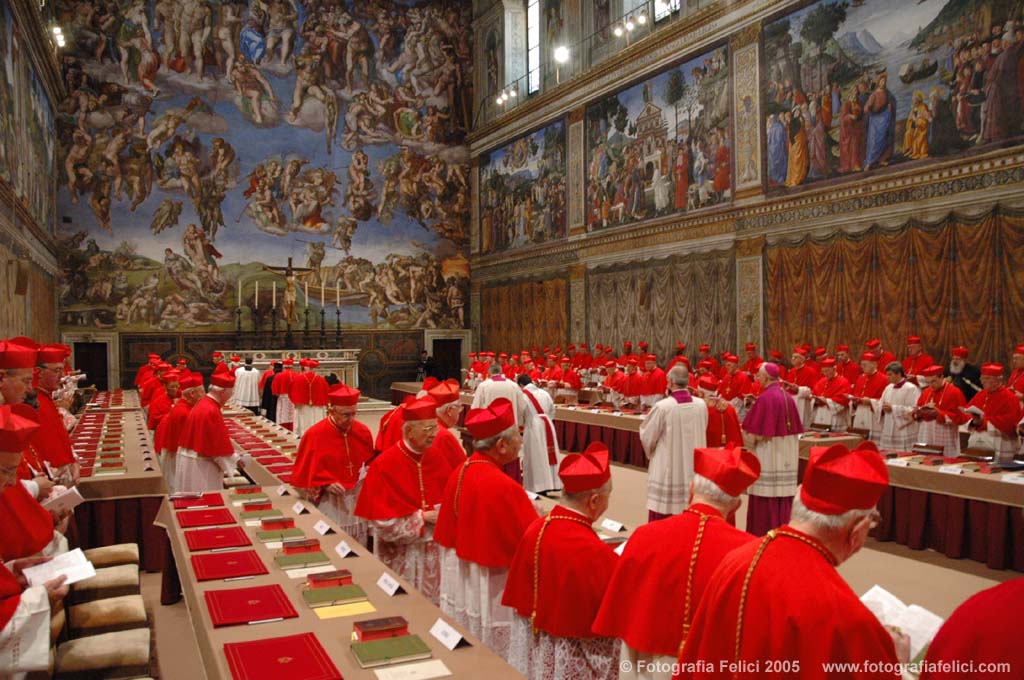Chicago's Zombie Office Buildings: A Real Estate Crisis

Table of Contents
The Growing Number of Vacant Office Spaces in Chicago
The sheer scale of vacant office space in Chicago is alarming. Reports indicate a substantial increase in Chicago office vacancy rates post-pandemic, impacting countless commercial real estate properties across the city. This translates into hundreds, if not thousands, of empty office buildings, particularly in traditionally bustling business districts like the Loop and River North. Key contributing factors fueling this crisis include:
-
The Rise of Remote Work: The widespread adoption of remote work models following the COVID-19 pandemic dramatically reduced demand for traditional office space. Many companies downsized or completely abandoned their physical offices, leaving behind a trail of vacant properties.
-
Post-Pandemic Shifts in Office Space Demand: The pandemic accelerated pre-existing trends, leading to a reassessment of office space needs. Companies are opting for smaller, more flexible spaces, agile work models, and hybrid arrangements. This has left many large, traditional office spaces obsolete.
-
Economic Downturns Affecting Businesses: Economic downturns and business closures have further exacerbated the problem, leaving behind empty buildings that remain unleased. The subsequent impact on commercial property values has further complicated the situation.
-
Lack of Adaptive Reuse Opportunities: Many older office buildings lack the structural features or flexibility needed for easy conversion into other uses, hindering their redevelopment and contributing to their stagnation as "zombie" buildings.
These factors have combined to create a perfect storm, leading to a significant increase in empty office buildings in Chicago and a concerning rise in Chicago office vacancy. This situation affects not just the commercial real estate market but also has broader consequences for the city's economy and its neighborhoods.
The Economic Impact of Chicago's Zombie Office Buildings
The economic repercussions of Chicago's zombie office buildings are substantial and multifaceted. The most immediate consequence is the significant loss of property tax revenue for the city. Empty buildings generate little to no tax revenue, creating a substantial hole in the Chicago city budget. Estimates suggest this loss amounts to millions of dollars annually, impacting essential city services.
Furthermore, these vacant buildings exert a negative impact on surrounding businesses and neighborhoods. Decreased foot traffic in areas with numerous empty office buildings translates to lower sales for nearby shops and restaurants. The resulting neighborhood blight can also attract crime and contribute to a decline in property values. The consequences extend beyond commercial districts, impacting property owners and residents alike.
The burden of addressing this crisis ultimately falls on the taxpayers. The city may need to consider financial interventions, such as subsidies or tax incentives, to stimulate redevelopment and mitigate the long-term economic damage caused by these "zombie" buildings. This adds another layer of complexity to an already challenging situation.
Potential Solutions and Strategies for Revitalizing Chicago's Zombie Office Buildings
Addressing the crisis requires a multi-pronged approach involving innovative strategies and collaborative efforts. Several potential solutions could revitalize these vacant spaces and contribute to Chicago's economic recovery:
-
Adaptive Reuse Strategies: Converting vacant office spaces into residential units, co-working spaces, hotels, or other mixed-use developments can breathe new life into these buildings. This requires creative planning and investment, but successful adaptive reuse projects have already demonstrated the feasibility of this strategy.
-
Government Incentives and Policies: The Chicago city planning department, along with other stakeholders, could implement targeted incentives, such as tax breaks, expedited permitting processes, or zoning changes to encourage redevelopment. Real estate incentives can play a key role in attracting investors and facilitating the transformation of these buildings.
-
Private Sector Investment and Partnerships: Public-private partnerships between the city government and private developers are crucial for attracting the necessary capital and expertise for large-scale redevelopment projects. This collaborative approach can leverage the resources and skills of both sectors for optimal results.
Case Studies of Zombie Office Buildings in Chicago
Several prominent examples of zombie office buildings highlight the diverse challenges and opportunities in Chicago. For instance, [Insert Name of Building in Loop Chicago], a once-iconic office tower in the Loop, currently sits vacant. Its redevelopment potential presents a significant opportunity, but the cost of renovation and the need for innovative repurposing present significant hurdles. Similarly, [Insert Name of Building in River North Chicago] in River North illustrates the challenges of converting outdated office spaces into modern, functional facilities. [Include images or maps of these examples, and add hyperlinks to relevant news articles or development plans].
Conclusion: Addressing the Crisis of Chicago's Zombie Office Buildings
The challenge of Chicago's zombie office buildings presents a significant threat to the city's economic health and the well-being of its communities. The continued existence of these vacant properties leads to lost tax revenue, neighborhood blight, and a strain on the city's resources. The solutions outlined above—adaptive reuse strategies, government incentives, and private sector involvement—are not mutually exclusive; rather, they represent complementary components of a comprehensive strategy. Success requires a collaborative effort between city government, private developers, and community stakeholders to revitalize these vacant spaces and prevent further deterioration.
To learn more about specific initiatives and to support organizations working to revitalize Chicago's vacant office spaces, please visit [link to relevant websites/organizations]. Let's work together to address the urgent need to transform Chicago's zombie office buildings into vibrant and productive assets for the city.

Featured Posts
-
 Us Economy Under Trumps China Tariffs Assessing The Impact On Inflation And Supply Chains
Apr 29, 2025
Us Economy Under Trumps China Tariffs Assessing The Impact On Inflation And Supply Chains
Apr 29, 2025 -
 The Relationship Between Adhd Autism Spectrum Disorder And Intellectual Disability
Apr 29, 2025
The Relationship Between Adhd Autism Spectrum Disorder And Intellectual Disability
Apr 29, 2025 -
 Convicted Cardinals Demand To Participate In Papal Conclave
Apr 29, 2025
Convicted Cardinals Demand To Participate In Papal Conclave
Apr 29, 2025 -
 Slowing Rent Increases Persistent High Housing Costs In Metro Vancouver
Apr 29, 2025
Slowing Rent Increases Persistent High Housing Costs In Metro Vancouver
Apr 29, 2025 -
 Arson In Germany Georgian Man Detained Wife The Victim
Apr 29, 2025
Arson In Germany Georgian Man Detained Wife The Victim
Apr 29, 2025
Latest Posts
-
 Naacp Image Awards 2024 Beyonce Blue Ivy And Kendrick Lamars Big Night
Apr 30, 2025
Naacp Image Awards 2024 Beyonce Blue Ivy And Kendrick Lamars Big Night
Apr 30, 2025 -
 Jay Z Blue Ivy And Rumi At The Super Bowl Why Wasnt Beyonce There
Apr 30, 2025
Jay Z Blue Ivy And Rumi At The Super Bowl Why Wasnt Beyonce There
Apr 30, 2025 -
 Beyonce Blue Ivy And Kendrick Lamar Triumph At Naacp Image Awards
Apr 30, 2025
Beyonce Blue Ivy And Kendrick Lamar Triumph At Naacp Image Awards
Apr 30, 2025 -
 Beyonce Blue Ivy Carter And Kendrick Lamars Naacp Image Awards Wins
Apr 30, 2025
Beyonce Blue Ivy Carter And Kendrick Lamars Naacp Image Awards Wins
Apr 30, 2025 -
 Blue Ivys Elegant Strapless Gown At The Grammys A Night Supporting Beyonce
Apr 30, 2025
Blue Ivys Elegant Strapless Gown At The Grammys A Night Supporting Beyonce
Apr 30, 2025
